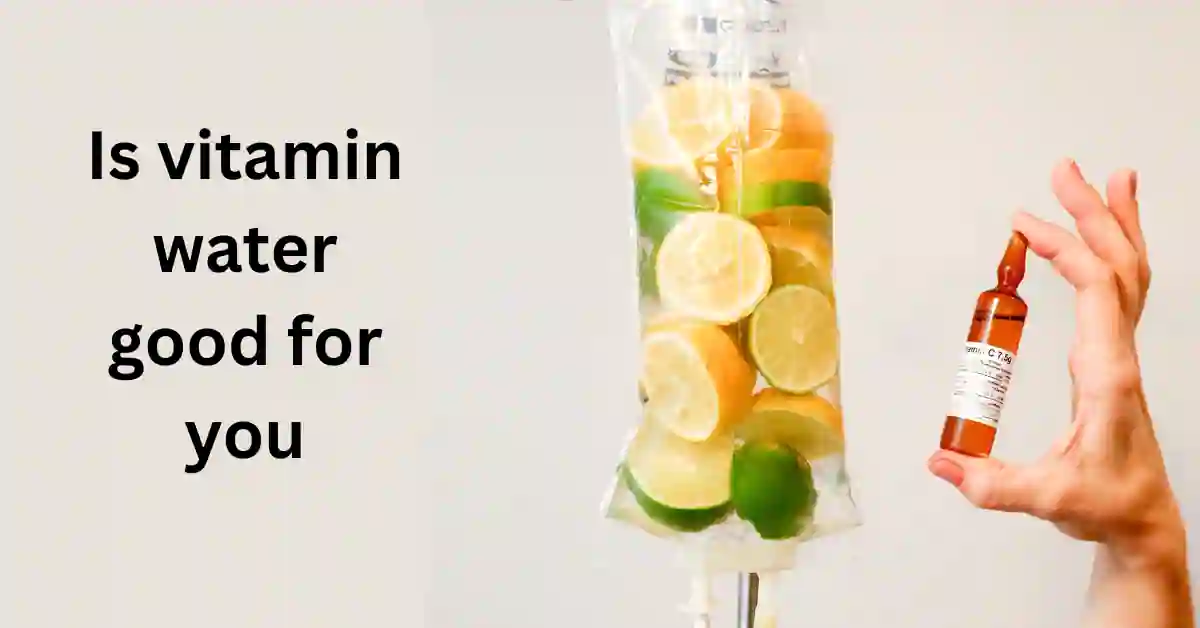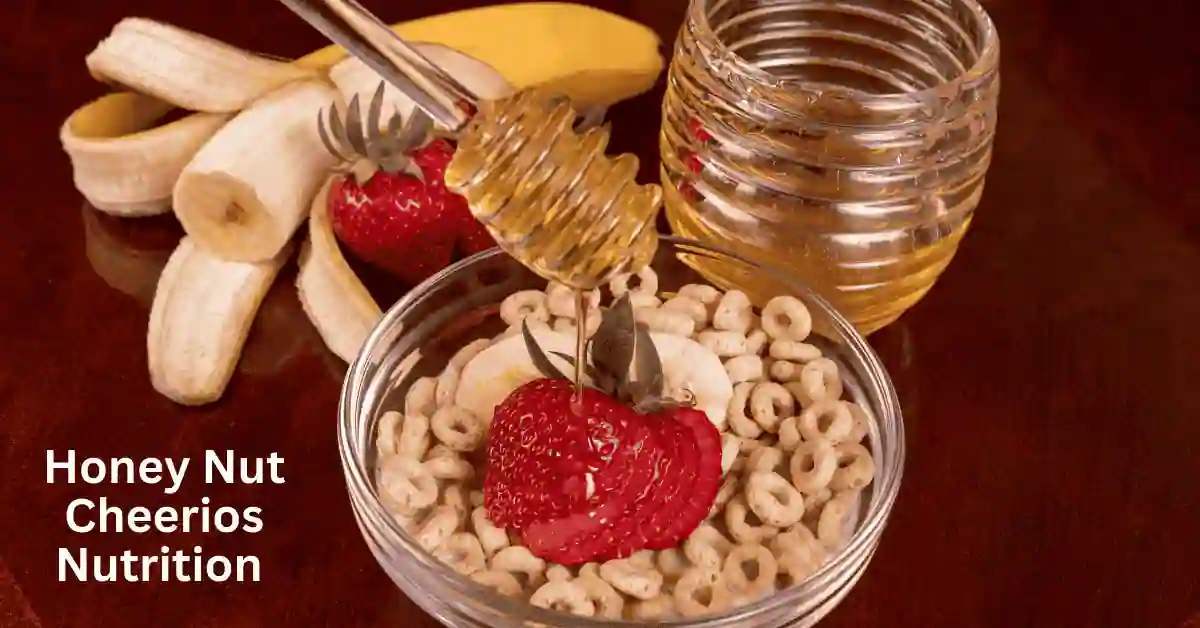Water is water, right? Not anymore. With vitamin water popping up everywhere, the big question is: Is vitamin water good for you? These colorful drinks promise hydration and a nutrient boost, but are they really a better choice, or just soda in disguise? Let’s break it down—pros, cons, and everything in between.
Table of Contents
ToggleWhat Is Vitamin Water?
Vitamin water is what it sounds like—water infused with vitamins, minerals, and sometimes electrolytes. It’s marketed as the perfect balance of hydration and nutrition, often targeted at health-conscious folks looking for an upgrade to boring old water. But here’s the catch: what’s on the label doesn’t always match what’s in the bottle.
The Ingredients Breakdown
The Core Ingredients
At first glance, vitamin water seems like a win: water, essential vitamins (like B and C), and electrolytes like potassium and magnesium. Sounds perfect, right?
Hidden Additions
Not so fast. Many varieties sneak in added sugars or artificial sweeteners to enhance flavor. Some brands pack as much sugar as a candy bar! Always read the fine print—it’s not as innocent as it looks.
Is Vitamin Water Healthy?
The Pros of Vitamin Water
Let’s give credit where it’s due.
- Hydration Plus Nutrients: It’s a step up from plain water if you’re looking to replenish lost electrolytes or boost certain vitamins.
- Better Than Soda: Some versions are lower in sugar and calories than your typical soda, making them a less harmful choice.
The Cons of Vitamin Water
But hold your applause.
- Sugar Bomb: Many bottles are packed with sugar, which cancels out the health benefits.
- Vitamin Overload: Too much of a good thing can be harmful—overloading on vitamins, especially fat-soluble ones like A, D, E, and K, can lead to toxicity.
Benefits of Vitamin Water
For athletes or people with active lifestyles, water can be a quick way to:
- Rehydrate after a sweat session.
- Replenish electrolytes lost during exercise.
- Add some flavor to the hydration routine.
Does Vitamin Water Have Sugar?
Unfortunately, yes—sometimes a lot of it. Some bottles have up to 30 grams of sugar, which is nearly the same as a can of soda. Even sugar-free versions may use artificial sweeteners, which can have their own downsides.
How Much Vitamin Water Is Safe to Drink?
Experts suggest sticking to no more than one bottle per day. This way, you can avoid excess sugar and vitamin overload while still reaping the hydration benefits. If you’re using it post-workout, make sure to account for its calorie content in your daily intake.
Alternatives to Vitamin Water
If you’re thinking, “Is there something better?” the answer is yes!
Homemade Infused Water
Try adding fruits like lemon, cucumber, or berries to your water for natural flavor and nutrients. Bonus: it’s cheap and sugar-free.
Coconut Water
This natural beverage is rich in electrolytes and contains less sugar than most vitamin waters.
Green Tea and Herbal Teas
Unsweetened options are hydrating, packed with antioxidants, and calorie-free.
Vitamin Water vs. Soda: Which Wins?
Vitamin water often gets compared to soda as the “healthier” choice. And sure, it’s a step up. But that’s like saying walking is better than crawling—it’s true, but there’s still room for improvement. The sugar content in many vitamin waters makes them far from the best choice for regular hydration.
Vitamin Water Ingredients Explained
Ever looked at a label and wondered what half the ingredients mean? Let’s decode:
- Ascorbic Acid: That’s vitamin C, a handy antioxidant.
- Crystalline Fructose: Fancy term for sugar.
- Electrolytes: Potassium and magnesium help balance hydration, but only if you’re sweating buckets.
Should You Drink Vitamin Water?
It depends on your lifestyle. If you’re an athlete or need a nutrient boost after a workout, it might make sense. For the average person, though, plain water or natural alternatives are usually a smarter choice. Think of vitamin water as a treat—not a health staple.
Conclusion
So, is vitamin water good for you? It’s complicated. While it can provide hydration and a nutrient boost, the added sugars and unnecessary vitamins often outweigh the benefits. Stick to moderation, and don’t forget to explore healthier options like infused water or coconut water. When in doubt, plain water is always the MVP of hydration.
FAQs
- Does vitamin water help with weight loss?
Not really. While it can hydrate, the sugar content might sabotage your calorie goals. - Is vitamin water safe for kids?
In moderation, yes. But sugary options aren’t ideal for children’s daily hydration. - What’s the healthiest type of vitamin water?
Look for unsweetened or low-calorie varieties made with natural ingredients. - Can you drink too much vitamin water?
Yes. Too much can lead to excess sugar intake or vitamin overload, which may cause health issues. - Are there any side effects of drinking vitamin water?
Drinking too much could lead to weight gain, vitamin toxicity, or unnecessary sugar spikes.






